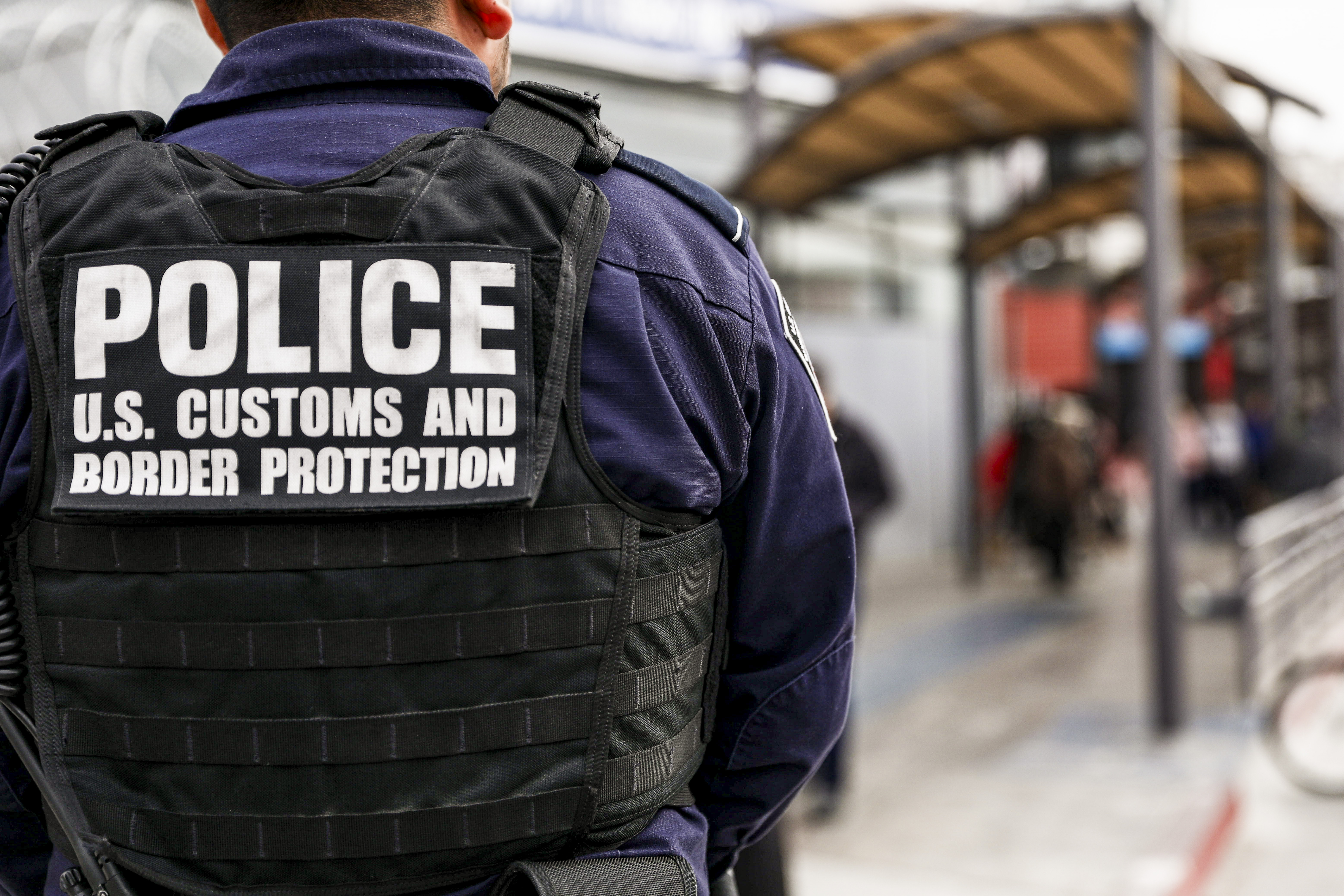U.S. Customs and Border Protection advised travelers this week that the Centers for Disease Control and Prevention (CDC) will implement new requirements for dog imports beginning Aug. 1.
The new guidelines will go into effect following three years of not being able to import dogs from some high-risk countries such as Cuba, Afghanistan, and Ukraine due to concerns about reintroducing a canine rabies variant into the United States.
The new regulations build upon lessons learned during the COVID pandemic when the temporary suspension was implemented on importing dogs from countries with a high risk of rabies, according to the CDC.
The updated framework aligns with the World Organisation for Animal Health’s standards on importing dogs from high-risk countries, and also addresses problems related to fraudulent documentation at ports of entry, CDC officials said in a press release.
Now, guidelines for dogs entering the U.S. will be determined based on their country of origin, whether the location is a high-risk area for rabies, and whether the animal has been vaccinated against rabies. A list of those countries is available on the CDC website.
Entry will also depend on where the dog has been in the last six months, and where the dog received a rabies vaccination, according to the CDC.
All dogs also must be at least six months old at the time of entry or return to the United States and be microchipped.
They must also have a CDC dog import form receipt, which requires handlers to upload a photograph of the dog’s face and body roughly two to 10 days before arrival at a port of entry, according to the disease agency’s recommendations.
Travelers are also encouraged to use an online CDC tool called “DogBot” to determine the specific criterion their dogs must meet to enter the United States.
Officials have assured the public that the new guidelines will not disrupt travel procedures for those seeking entry into the United States.
“While these changes are essential, travelers can rest assured that wait times at the ports of entry will not be impacted,” said Customs and Border Protection director of field operations Sidney K. Aki in a statement July 15.
Mr. Aki also urged travelers to familiarize themselves with the new requirements to “ensure a smooth and efficient travel experience.”














